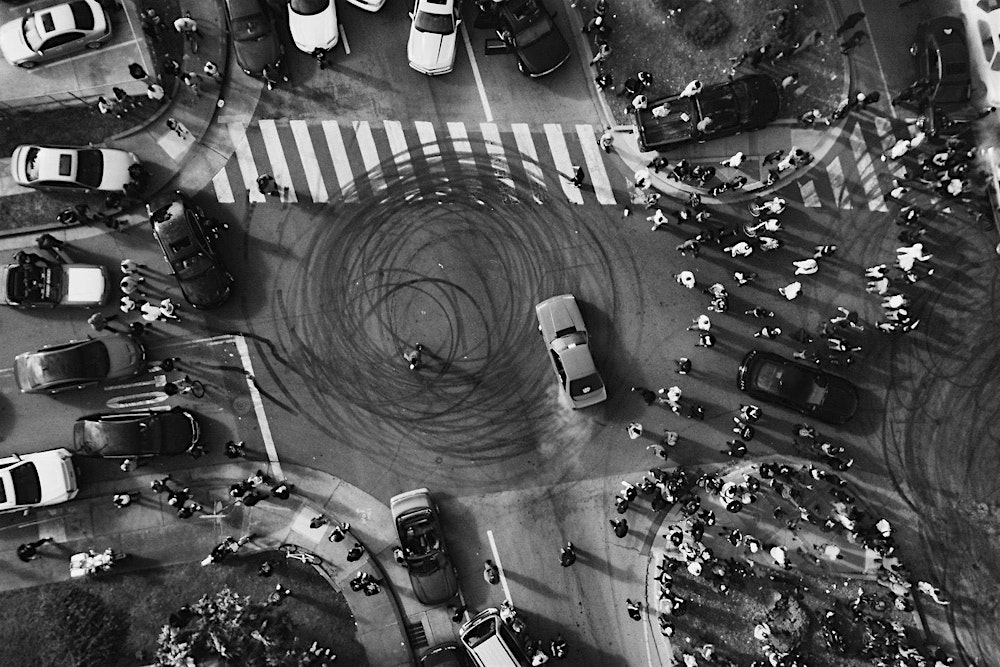
"What do train porters, boomboxes, Lincoln Continentals, barbecues, nightclubs and crowded intersections have in common? From the closure of clubs like Slim Jenkins' Place to the 2018 " BBQ Becky " incident at Lake Merritt, Werth painstakingly shows the ways white privilege has operated under the cover of anti-nuisance laws, property values and "keeping the peace." This precision is especially present in a chapter detailing the punitive fines the Oakland Police Department issued to club owners to cover officers' presence at rap shows, preemptively deemed a nuisance."
"Some heroes do emerge in On Loop, like Boots Riley, filmmaker and frontman for The Coup, who organized young residents against police crackdowns at the lake in the 1990s. The entire hyphy movement is characterized, rightfully, as a massive force of opposition. (Meanwhile, Oakland's first two Black mayors, Lionel Wilson and Elihu Harris, are shown as complicit in over-enforcement of quality-of-life ordinances and redevelopment to assuage the city's "image problem.")"
Oakland's Black musical and public cultural practices have faced systematic suppression through anti-nuisance enforcement, targeted policing, punitive fines, and redevelopment that prioritize property values over community expression. Club closures, fines levied to cover police presence at shows, and the conversion of Black-owned venues into spaces controlled by white interests have weakened local nightlife and cultural production. Resistance has emerged through movements like hyphy and organizers who mobilized against crackdowns at public spaces such as Lake Merritt. Political leaders and city policies often reinforced over-enforcement and image-focused redevelopment, perpetuating cycles of cultural displacement.
Read at Kqed
Unable to calculate read time
Collection
[
|
...
]